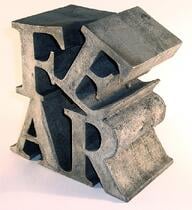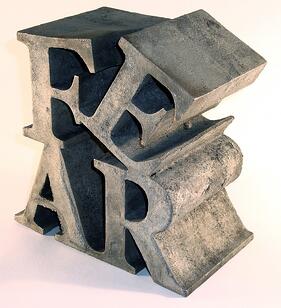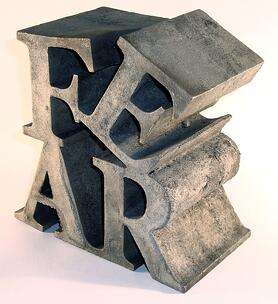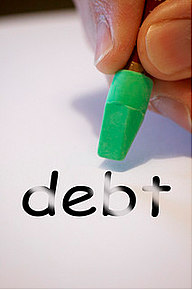Debt Collectors...They call and call and call!!! Is there anything you can do to STOP THE CALLS?
If you have ever missed or gotten behind on credit accounts, then most likely, before long, you started getting calls, and calls, and calls!!!
As if the financial stress wasn't enough, now you got some, well, I'll be nice, debt collector agent calling to demand payment or making threats of this or that.
GOOD NEWS!
For the sake of this article, I'm talking about unsecured accounts such as:
- Credit cards
- Store credit cards
- Personal loans
- Pay-Day loans
- Medical bills
- Utility bills
- Private student loans
As long as the account is with the original creditor (Visa, Master Charge, Discover, etc.), then they (the creditor) has the right to call you about your account.
Somewhere in the fine print of the application you signed, (and probably couldn't read) there was language that you agreed to that they could contact you by phone/mail about your account.
But, once that account is about (varies) 3-4 months delinquent, then the original creditor may decide to charge off, assign or even sell to a debt collector.
Once this happens, then the debt collectors starts with the letters and calls....lots of calls, many times a day....VERY ANNOYING!
But I said I had GOOD NEWS, and I do.
The Federal Trade Commission (FTC) has a lot of very good information about debt collectors and their practices.
A debt collector must conduct their business practices according to the law found in the FAIR DEBT COLLECTION PRACTICES ACT or the FDCPA.
They (debt collectors) are prohibited from:
- calling too early or late
- calling many, many times a day
- calling you at work (if your boss prohibits calls)
- making threats of legal action (if they do not follow through or intend to)
- using profane or threatening language ("Your going to go to jail!")
- calling and revealing your situation with family or friends
So, what should you do if you have believe you have been harassed by a debt collector?
The best thing you can do is to file a complaint with your state's attorney general's office. Most likely you can go online to do this.
If the Attorney General's office gets enough complaints, they will start legal action against the debt collector.
"But, how do I stop all those calls?"
Again, the Fair Debt Collection Practices Act says that a consumer can demand that a debt collector stop the calls by simply sending a written request (sometime they'll take a fax).
To make it easier for you, here's all the information you will need:
One more thing....
Just because you have stopped the calls doesn't mean the debt collector is going to stop sending letters, reporting the "bad debt" on your credit report and possibly begin legal action to win a judgment.
If awarded a judgment, they may be able to get a WRIT OF GARNISHMENT or a BANK LEVY!
The best thing you can do is to negotiate with the debt collector for a reduced SETTLEMENT!
Dealing with debt collectors is not always easy or friendly:
- They are professionals who specialize in getting you to pay as much as possible!
- When you are "emotionally" involved, it is harder to negotiate.
- With little experience, many people end up paying way to much.
Yes, you can put a stop to the collection calls, but you'll still need to deal with the debt.
COULD YOU USE A LITTLE HELP OR ADVICE?











 Debt collectors are paid to get you to pay up.
Debt collectors are paid to get you to pay up. Your getting calls from a debt collector, but you do not believe you owe the debt.
Your getting calls from a debt collector, but you do not believe you owe the debt. 
